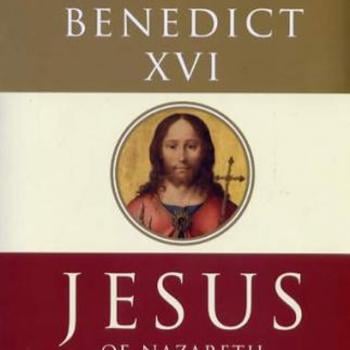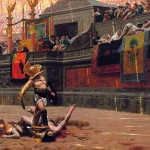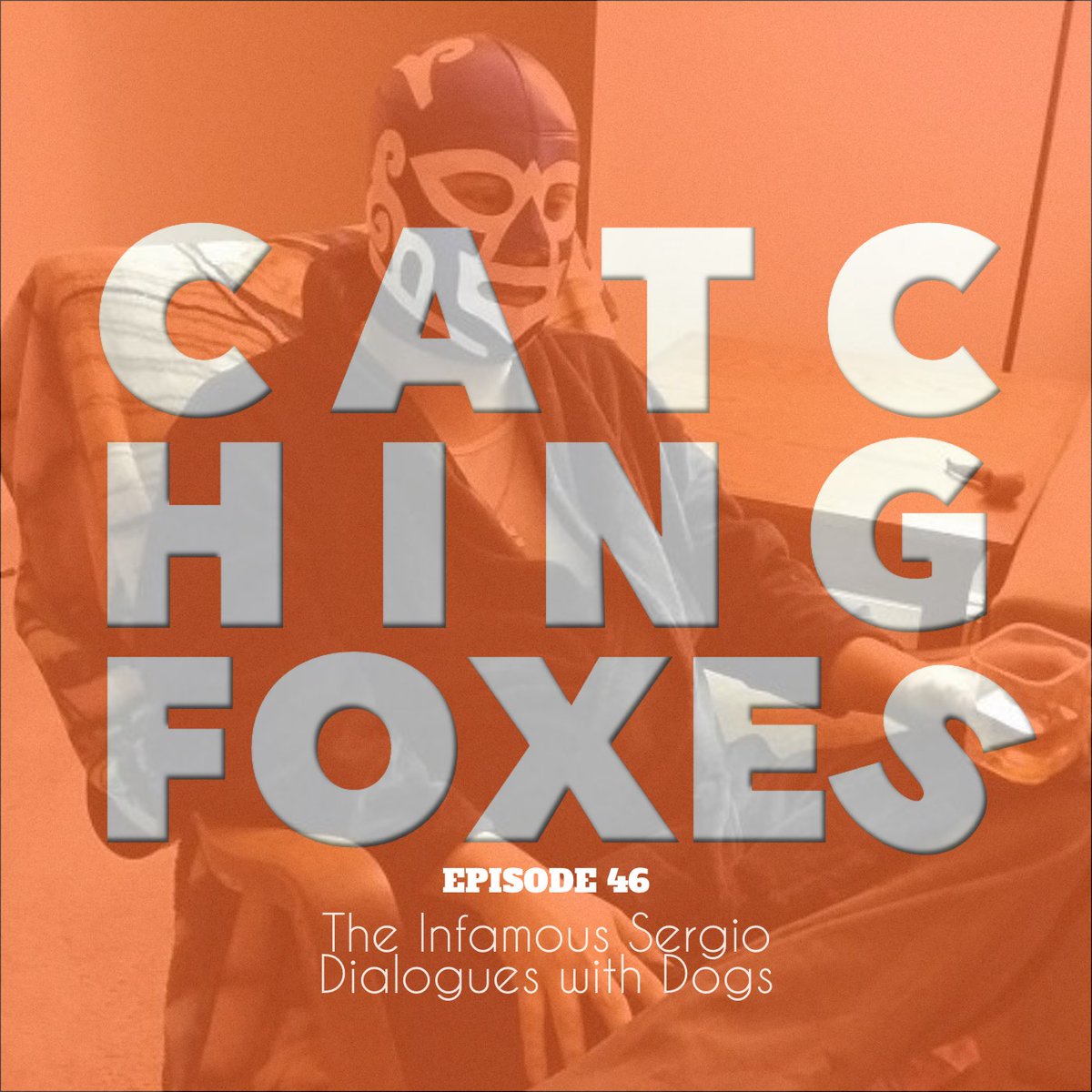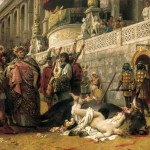There has been much recent talk of Gollum in the news. Beyond the usual Nerdom talks, there is actually a man’s freedom hinging on the question of whether or not Gollum is evil. Now I’m no College Professor or Late night host renowned for my fandom, but I figure I could take an attempt to write about it.
For those of you that haven’t seen the movies or read the books…Idk what to say, you should probably go rethink your life. Also below this sentence is spoilers.
The issue of Gollum being evil is actually a fairly complex issue. Unlike the Ringwraiths, Orcs, Sauron, Melkor or even Saruman and countless other beasts/monsters/villains we see who openly reject Goodness in favor of pursuing their own desires, Gollum is clearly contrasted with these individuals. His origin is revealed that he was once Smeagol, a hobbit, not unlike the heroes. From there his will is corrupted by The Ring, where he strangles his cousin Deagol. When Gandalf tells this story to Frodo. The hobbit (Frodo, for those of you that have not read/watched the films) recoils at the mention of Gollum, expressing his disgust for Gollum.
‘Gollum!’ cried Frodo. ‘Gollum! Do you mean that this is the very Gollum-creature that Bilbo met? How loathsome!’
‘I think it is a sad story,’ said the wizard, ‘and it might have happened to others, even to some hobbits that I have known.’
This encounter suggests two things immediately about Gollum before he even makes an appearance in LOTR. First he is to be pitied. He is not like the Ringwraiths or the Orcs or any other creature of evil who is to be slain without a second thought, but he is something far sadder. He is somebody who’s will was subverted by the Ring, and is not only drawn into temptation, but is made to kill (in Tolkien’s World, it would appear while Free Will is acknowledged there are times when one’s will can simply be overridden when confronted directly) his cousin, and eventually drive him beyond his community, to live a life in complete solitude which drives him mad. The second point, which is that Gandalf recognizes the temptation of Bilbo and perhaps is warning Frodo of the Ring’s Power. To assume one is beyond the temptation of the Ring is foolhardy. Gandalf tries to even refuse to occasion to be tempted. We are therefore, from the beginning confronted with the idea that Gollum is a bit more complex than a mere binary of Good and Evil.
Much later in the stories, we finally encounter Gollum. He seems much different than the maddened creature we saw in the Hobbit, or the tragic story of Smeagol. When finally confronting Gollum, Frodo recounts a conversation he had with Gandalf:
What a pity that Bilbo did not stab that vile creature, when he had the chance!’
‘Pity? It was Pity that stayed his hand. Pity and Mercy: not to strike without need. I do not feel any pity for Gollum. He deserves death. Deserves Death! I daresay he does. Many that live deserve death. And some die that deserve life. Can you give that to them? Then be not too eager to deal out death in the name of justice, fearing for your own safety. Even the wise cannot see all ends.
Recalling Gandalf’s wisdom, Frodo decides to spare him, declaring,
“For now that I see him, I do pity him.”
What a strange Mercy! Frodo, who could slay a creature who tried to kill Bilbo, and then tries to murder him, is spared. For reasons beyond Sam’s, possibly even Frodo’s or Gollum’s understanding he is allowed to live and even accompany them upon their journey. This is also quite possibly the first time we encounter Mercy in LOTR. Boromir who was also tempted by the Ring found redemption in death, Saruman has turned to evil, aside from those two, it’s been very clear where allegiances lie at all times. The first figure to trouble the idea of Good and Evil becomes Gollum and Frodo. As Frodo finds himself consumed a bit more by the Ring each day, he becomes the only one to understand the weight that broke Smeagol and turns him into Gollum.
The next quote is a bit long, I am sorry for that but it is worth looking at, as it is considered by Tolkien to be the most important passage in the story (If you only saw the movies, then you will not know this scene at all)
“And so Gollum found them hours later, when he returned, crawling and creeping down the path out of the gloom ahead. Sam sat propped against the stone, his head dropping sideways and his breathing heavy. In his lap lay Frodo’s head, drowned deep in sleep; upon his white forehead lay one of Sam’s brown hands, and the other lay softly upon his master’s breast. Peace was in both their faces. Gollum looked at them. A strange expression passed over his lean hungry face. The gleam faded from his eyes, and they went dim and grey, old and tired. A spasm of pain seemed to twist him, and he turned away, peering back up towards the pass, shaking his head, as if engaged in some interior debate. Then he came back, and slowly putting out a trembling hand, very cautiously he touched Frodo’s knee–but almost the touch was a caress. For a fleeting moment, could one of the sleepers have seen him, they would have thought that they beheld an old weary hobbit, shrunken by the years that had carried him far beyond his time, beyond friends and kin, and the fields and streams of youth, an old starved pitiable thing.
But at that touch Frodo stirred and cried out softly in his sleep, and immediately Sam was wide awake. The first thing he saw was Gollum – ‘pawing at master,’ as he thought.
‘Hey you!’ he said roughly. ‘What are you up to?’
‘Nothing, nothing,’ said Gollum softly. ‘Nice Master!’
‘I daresay,’ said Sam. ‘But where have you been to – sneaking off and sneaking back, you old villain? ‘
Gollum withdrew himself, and a green glint flickered under his heavy lids. Almost spider-like he looked now, crouched back on his bent limbs, with his protruding eyes. The fleeting moment had passed, beyond recall.”
Here we see Gollum in a way nobody else sees him in the entire story. He seems almost like Bilbo in many ways. Here we see Smeagol, the real Smeagol, finally emerged and not in a peek, like those other moments where we see Gollum more as an eager dog, or a fragmented creature. And strangely, Tolkien makes sure it is only the readers that see it. But to what end?
Tolkien, in a letter, states what we witnessed:
“Sam was cocksure, and deep down a little conceited; but his conceit had been transformed by his devotion to Frodo. He did not think of himself as heroic or even brave, or in any way admirable–except in his service and loyalty to his master. That had an ingredient (probably inevitable) of pride and possessiveness: it is difficult to exclude it from the devotion of those who perform such service. In any case it prevented him from fully understanding the master that he loved, and from following him in his gradual education to the nobility of service to the unlovable and of perception of damaged good in the corrupt. He plainly did not fully understand Frodo’s motives or his distress in the incident of the Forbidden Pool. If he had understood better what was going on between Frodo and Gollum, things might have turned out differently in the end. For me perhaps the most tragic moment in the Tale comes in II 323 ff. when Sam fails to note the complete change in Gollum’s tone and aspect. ‘Nothing, nothing,’ said Gollum softly. ‘Nice master!’ His repentance is blighted and all Frodo’s pity is (in a sense) wasted. Shelob’s lair becomes inevitable.”
So we witness what is perhaps Gollum’s most tragic moment. He is denied a moment of repentance. However, despite this Gollum still plays a major role in destroying the ring. By carefully following Gollum’s tale through LOTR, one can conclude that Gollum isn’t necessarily evil as he is ultimately the one who destroys the ring, and allows Good to triumph and rest of the world to live. Frodo, understanding this, gives him a eulogy befitting such a tragic figure when he says,
“But do you remember Gandalf’s words: Even Gollum may have something yet to do? But for him, Sam, I could not have destroyed the Ring. The Quest would have been in vain, even at the bitter end. So let us forgive him! For the Quest is achieved, and now all is over.”
I don’t know if this will help the doctor in Turkey any bit. But I do think, as Catholics, that this is something worth thinking about during this Year of Mercy.
















